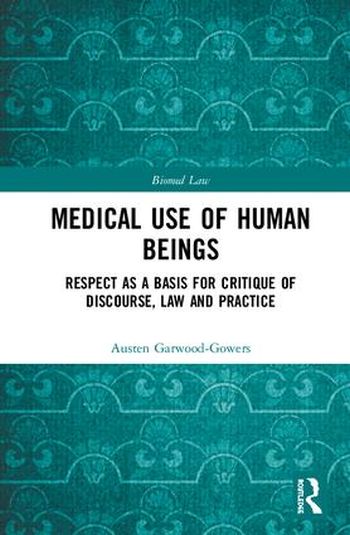
The basic fact that a human individual's body is capable of serving interests beyond that individual has always been a double edged sword. On the one hand it allows for the free expression of human solidarity and community.
On the other it provides the opportunity to treat the individual's body in such a way as to imply that (s)he is a mere means to an end. With its emphasis on the body, the field of medicine provides a natural home for such treatment, increasingly so in an era where the dominant conceptualization of medical progress (Western orthodoxy) relies ever more heavily on use of the body and its parts to meet ends beyond the individual.
Traditional medical, legal and ethical norms include a focus on the primacy of the individual and equality as between individuals that would appear to unequivocally preclude meeting wider ends at the cost of respect for the individual. However, these norms have quite frequently been attacked, misinterpreted, misapplied and simply ignored (especially in fields like medical research and transplantation).
The extent, manner, reasons and costs for this phenomenon are identified through an exploration of the relevant discourse, practice, governance and law. As well as carefully airing and evaluating arguments put forward for general and class specific mere means to an end use, this book ultimately provides a clear ethical and legal basis on which to defend individuals against use.